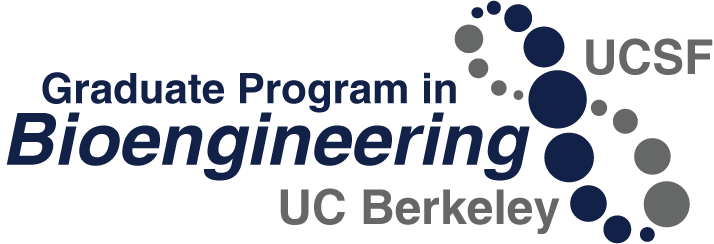February 2006
Bioengineering researchers at UC Berkeley and Lawrence Berkeley National Lab have succeeded in using single strands of synthetic DNA to firmly fasten biological cells to non-biological surfaces. This technique has multiple potential applications including biosensors, drug-screening technologies, the growing of artificial tissues and the design of neural networks.
Richard Mathies, Professor of Chemistry and member of the Graduate Group in Bioengineering, and Bioengineering graduate student Erik Douglas were members of the research team, led by Chemistry Professor Ravi Chandra. Their paper, Programmable Cell Adhesion Encoded by DNA Hybridization, was published in the international chemistry journal Angewandte Chemie.
Although other methods of cell adhesion have been used to stick cells to chips, this method creates a highly selective adhesion system, which enables different cells to be targeted and attached to specific locations on a surface.
Read more about this research at Lawrence Berkeley Lab.
